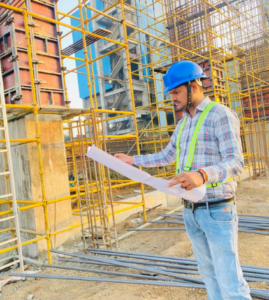
Professional construction project management is a super fine-tuned system designed to facilitate planning, coordination and control of a project from the early stages all the way to project closeout and completion. Qualified construction managers use specialized project management techniques to orchestrate a project’s schedule, costs and quality. And orchestrate it is.

The members of your team provide managerial expertise. Once a clear vision of your project has been elaborated, they control budgets, initiate cost-saving ideas, mitigate risk and ensure the flow of communication. Their role is to represent the owner’s best interests, and they do that by making sure that the project progresses as smoothly as possible according to objectives in terms of time and resources. And they’re able to accomplish that because they know how to manage a construction project step by step—it’s what they do.
When trying to get a bead on the benefits of commercial or residential construction management, know that professional construction managers provide services that differ from general contractors’. For starters, they typically do not perform any aspect of the construction themselves, but they do oversee every detail of the entire project—from the initial idea of making that sublime music happen all the way up to vacuuming the aisles, turning off the lights and locking the doors afterwards. Similarly, the construction project manager will support your project from preconstruction all the way to construction waste management and beyond.
What an effective construction manager does is apply their strong leadership skills and depth of experience to a wide spectrum of projects and construction methods. They make it their job to monitor the latest technologies and construction management software so you don’t have to. They coordinate all of the many project team members, up to and including the percussion player who tings the triangle.
There are many requirements for successful construction management, and these can be regrouped under three main categories: cost, scope and schedule. Cost includes the obvious, but it also covers elements that you, the layperson, may not see coming, as well as risk assessment and wiggle room for the unpredictable. Scope is a major element in construction project management. What it means in this context is: what exactly is the owner’s program and architect’s design intent, and how will it be accomplished? To make this all happen, the services that each team member provides need to be clear—everything covered, but no duplication